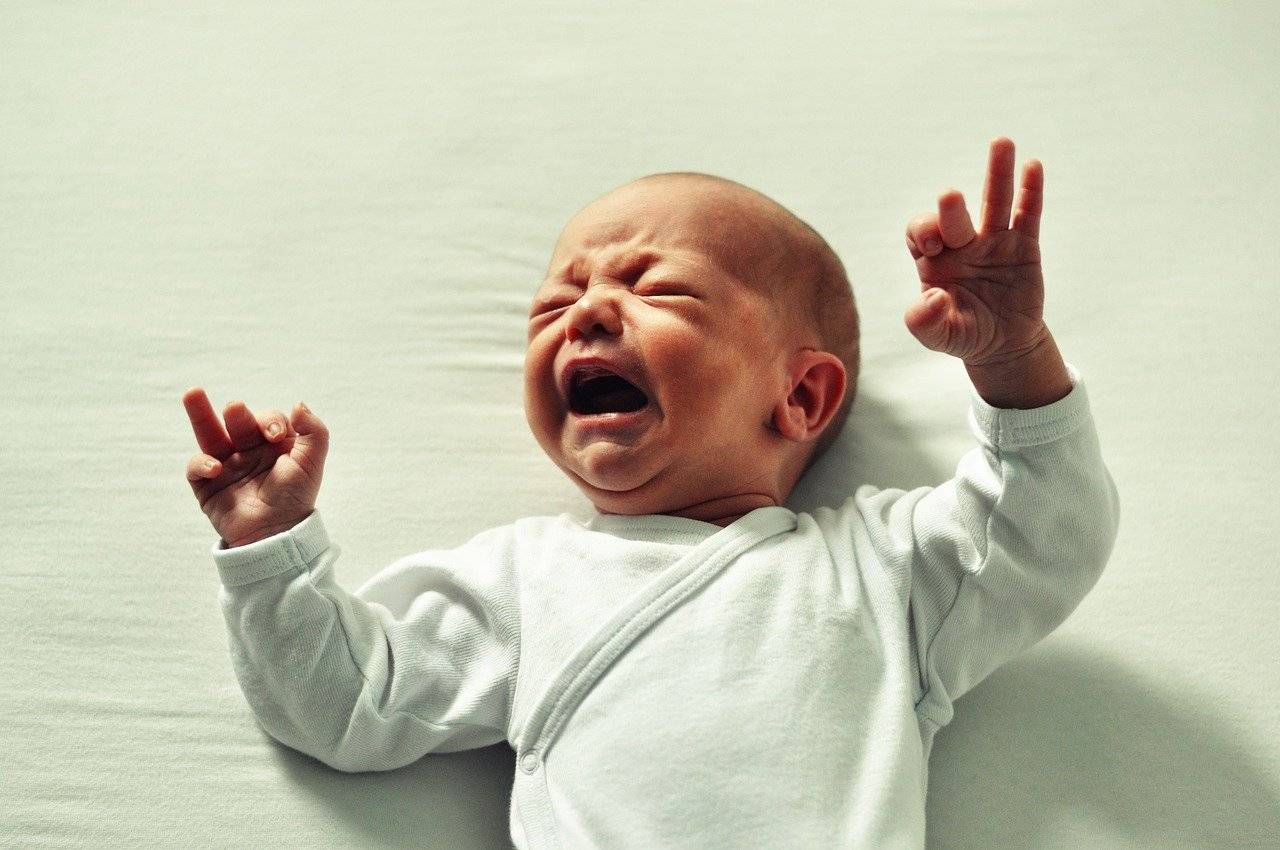Reaction to the number of child deaths caused by RSV worldwide each year
Respiratory Syncytial Virus (RSV) was responsible for more than 100,000 deaths in children under the age of five worldwide in 2019, a study published in The Lancet estimates. The authors highlight the "urgent need" for vaccines.

Infants most vulnerable to RSV./ Pixabay
Federico Martinón-Torres sobre impacto virus respiratorio sincitial - EN
Federico Martinón-Torres
Head of the Paediatrics Department of the Hospital Clínico Universitario de Santiago. Coordinator of the WHO Collaborating Centre for Vaccine Safety in Santiago de Compostela and member of the WHO-Europe Vaccine Advisory Committee.
RSV in infants is the equivalent of covid-19 in the elderly. It is by no means new to paediatricians, as it is the most common cause of hospitalisation in infants and one of the most prevalent conditions in paediatric care.
This work by a team led by a brilliant colleague, Harish Nair of the University of Edinburgh, updates previous work they have already published on the global dimension of this pathology. This update estimates that 100,000 children under 5 years of age die each year from RSV.
As always, 97% of these cases are in resource-limited countries. And almost three out of four deaths occur outside of hospital, which gives an idea of the drama in these countries.
RSV in infants is the equivalent of covid-19 in the elderly
In our environment, this pathology results in a non-negligible mortality rate and a huge number of hospitalisations. Of the three and a half million hospitalisations due to this pathology, a significant proportion occur in developed countries. The vast majority of these infections occur in otherwise healthy children with no identifiable risk factors.
The real way to tackle this global health problem is through prevention. This has not been possible until now, but it is foreseeable that in a short period of time we will have alternatives that will allow this. Evidence suggests that the latest generation of monoclonal antibodies work very well (preventing three out of four cases of RSV infection requiring medical attention).
Vaccines are also being developed for pregnant women so that, as we do for pertussis, by vaccinating the mother we can protect the newborn. The period when the highest number of cases accumulates is precisely in children under six months of age. This is the period of maximum risk that we want to block this pathology.
New prevention modalities must be incorporated as soon as possible
In conclusion, it is a very important global health problem that paediatricians have been aware of for a long time. This paper brings it up to date, telling us that it is everyone's problem and that the health authorities must actively monitor this pathogen, something that is not yet being done in our country.
It also reminds us that new prevention modalities must be incorporated as soon as possible, first for the youngest infants and bearing in mind that anyone can be infected by this virus.
The infection leads to the need for medical attention and hospitalisation in a high percentage of cases, especially in the youngest infants, but it also causes sequelae in the lung and can even lead to death, which is why it is, I insist, a tremendously serious pathology, which we must monitor, detect and, as soon as possible, prevent.
Federico Martinón-Torres has worked as advisor, consultant, speaker, and/or principal investigator in clinical trials promoted by the pharmaceutical companies Biofabri, GSK, Pfizer, Sanofi Pasteur, MSD, Seqirus, Novavax, Janssen, Ablynx, Regeneron, Roche, Abbott and MedImmune.
Ángel Hernández Merino sobre impacto virus respiratorio sincitial - EN
Ángel Hernández Merino
Pediatrician and collaborator of the Advisory Committee on Vaccines, the Spanish Association of Pediatrics and the Spanish Association of Primary Care Pediatrics
The data now published highlight the importance of respiratory syncytial virus (RSV) in child health. It is one of the main micro-organisms causing illness (lower respiratory tract infection and respiratory failure) and deaths in children under 5 years of age.
The data provided are very expressive: it has been estimated that, worldwide, in 2019, 3.6 million hospital admissions and 26,300 hospital deaths occurred due to RSV lower respiratory tract infection.
Three issues are highly relevant: almost half of cases occur in infants under 6 months of age; only one in four RSV deaths in children under 5 years of age occur in hospital; and more than 95% of hospital admissions and deaths occur in low- and middle-income countries.
These issues set the priorities for developing strategies to mitigate the impact of RSV: children under 6 months of age and settings with difficult access to quality medical care and weakened health systems.
It should be noted that: 1) even in well-resourced countries, reducing the impact of RSV infections would have an important benefit in terms of avoiding substantial medical and social costs;
2) given that effective (antiviral) treatments for RSV are not available, prevention strategies become more important;
and 3) that it should also be considered that reducing the incidence of RSV infections in the paediatric population could have an indirect effect on the burden of disease in the elderly, who are, together with young children, the two population groups most vulnerable to RSV.
